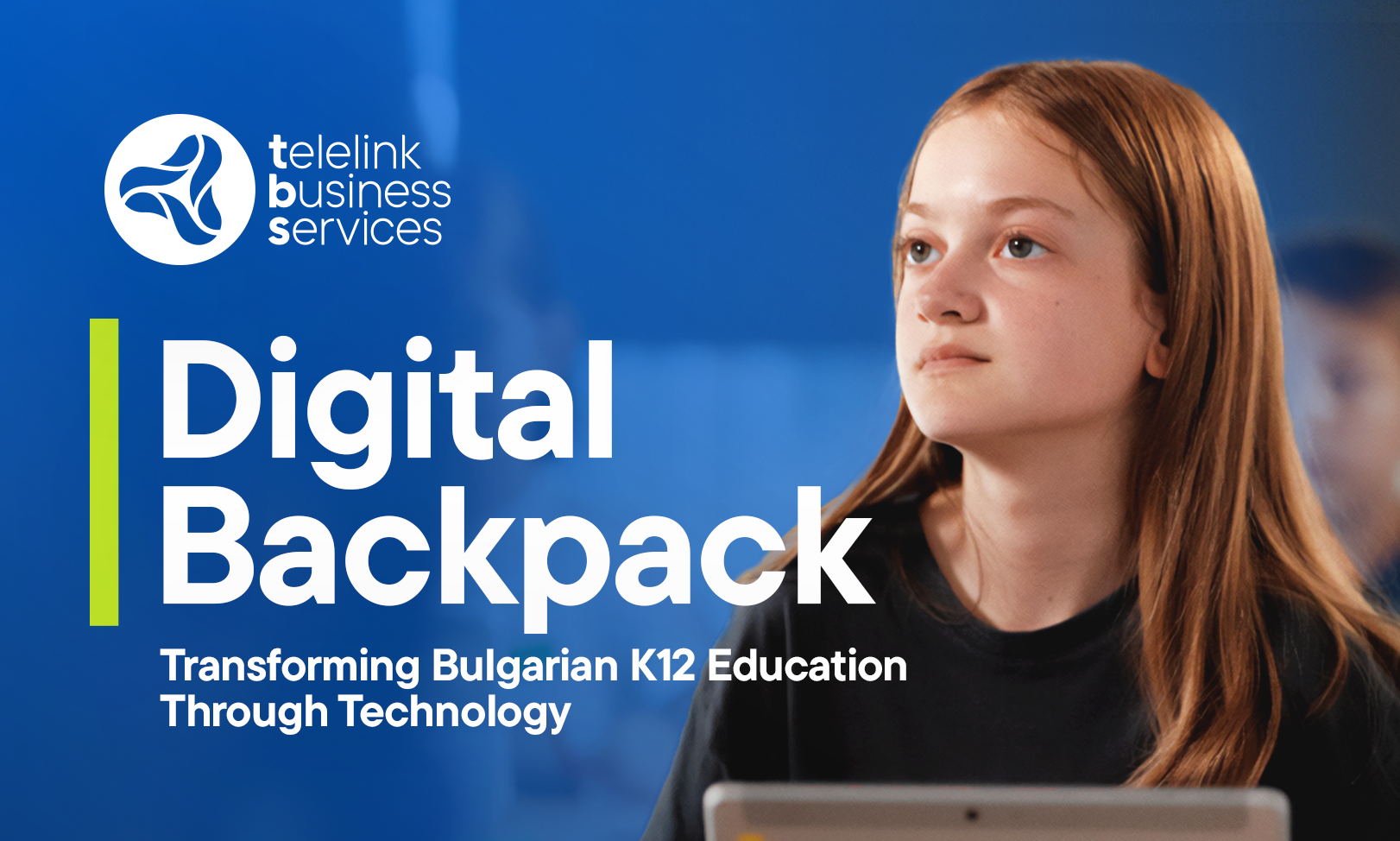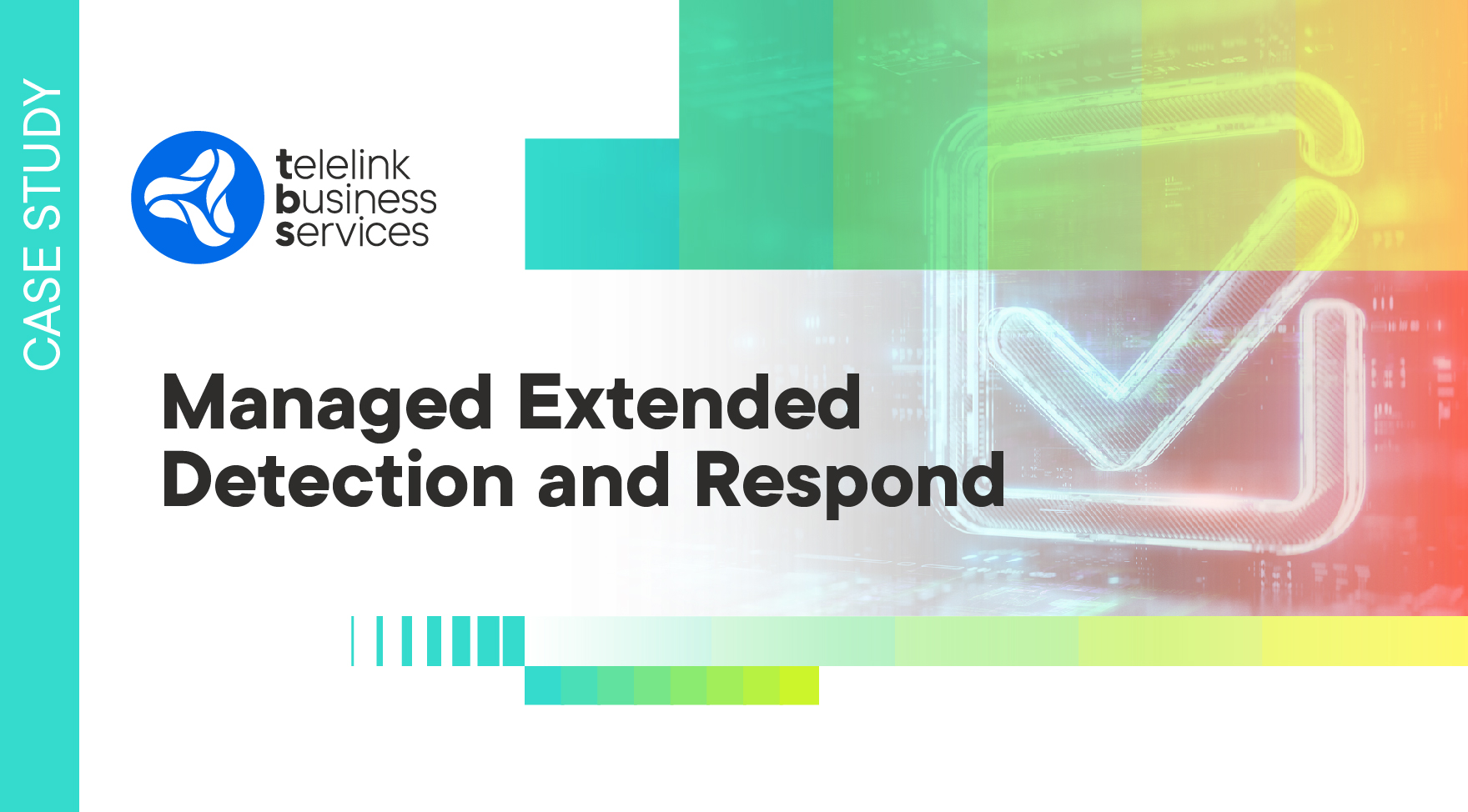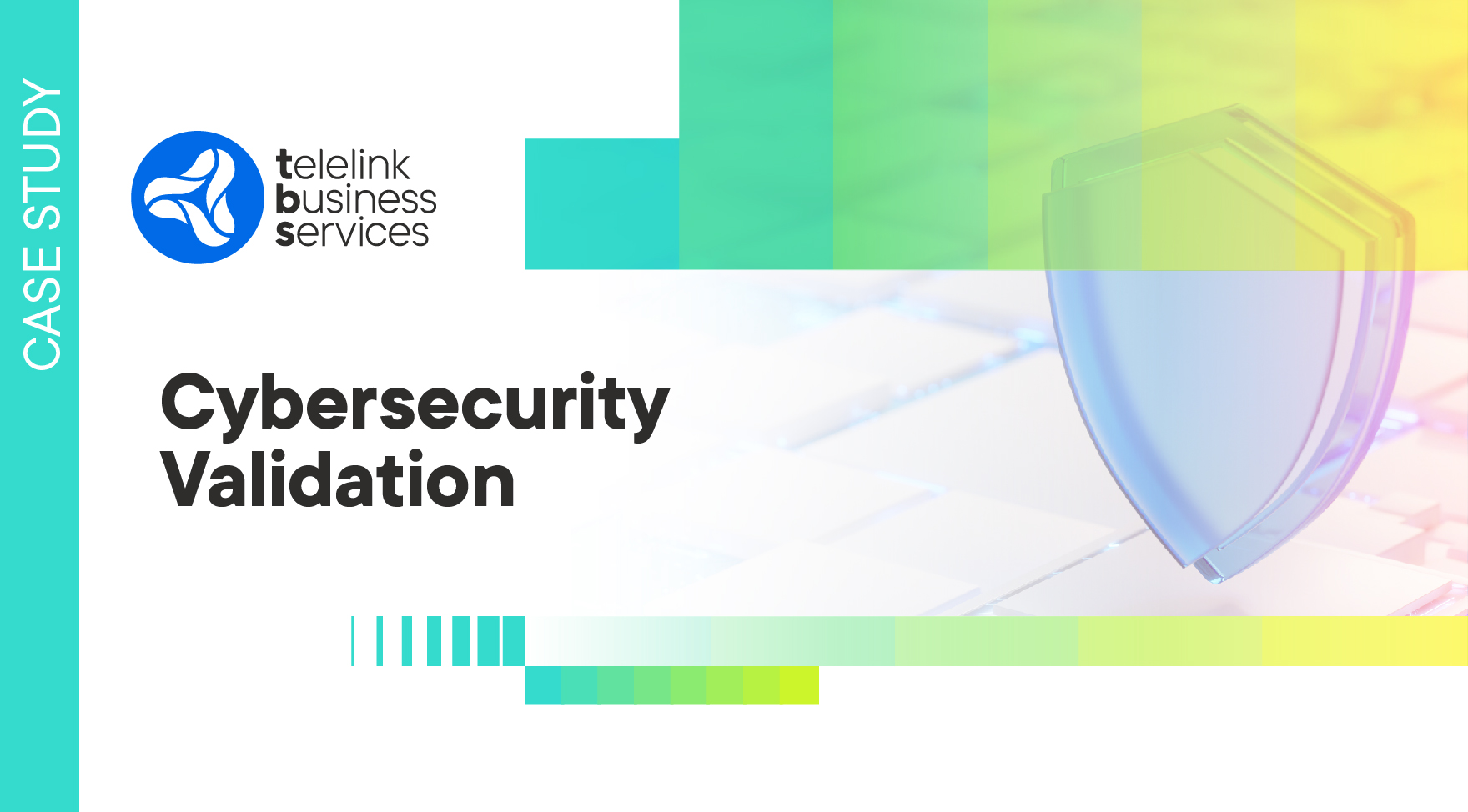Effective online learning through a comprehensive single-sign-on platform for digital education
Background
At the onset of the Covid-19 pandemic in March 2020, Bulgaria’s k-12 education was 100% based on physical attendance at school. The use of digital technology for teaching and learning, albeit possible across the system where connectivity and equipment allowed it, was a facet of the more innovative teachers and school administrators. However, with the rapid spread of the pandemic across Europe and the world, Bulgaria’s entire education system was forced to switch to an online mode overnight.
As the situation’s dynamics required a swift change in tools and mindset, decision-makers encountered various technological and organizational difficulties to make the shift.
On the one hand, effective online learning stumbled over the multitude of communication channels educators used to connect to their students, with variable degrees of reliability and security. Students faced the daunting reality of connecting to one teacher over social media and to another – over a digital application that was not suited for teaching. Only a fraction of the teachers and schools were apt at using professional educational platforms in the first weeks of the pandemic. The biggest gap in securing effective and efficient online education was the lack of a single platform to carry out online learning, store student data, get learner analytics, and provide an exchange of learning content with an opportunity to adjust it to student needs in real-time.
At the same time, approx. 20% of Bulgaria’s students did not have access to devices or connectivity to carry out their educational activities at home. It took a massive effort and months of work on behalf of the government, the private and non-profit sectors to source and distribute devices to teachers and students, as well as to secure wireless spots in underprivileged communities. To a certain share of the students, the shift to online learning meant a dramatic decrease in access and attainment – a global phenomenon known as “educational poverty”.
Finally, it was impossible to bridge the digital skills gap of 60,000+ k-12 teachers overnight. Teachers needed a simple and reliable solution to connect to their students on a daily basis, plan and carry out meaningful lessons, and effectively assess student progress in a challenging digital environment.
With education on the frontline of the agenda, the TBS team was determined to help the government provide a systemic solution to these challenges.
The Challenges
The Ministry of Education and Science (MoE) set on to provide a comprehensive digital ecosystem for school education, which would address the following challenges:
- To secure reliable and efficient interaction between students, teachers, parents, and administrators.
- To provide a flexible learning process with an opportunity for blended learning solutions.
- To incentivize innovative and student-centered teaching methods.
- To increase student engagement and provide a seamless learning experience.
- To support students with technology throughout the entire learning journey.
- To set up a single sign-on platform that would entail all the above solutions, with minimal administration at the school level.
The Solution
The Ministry of Education commissioned Telelink Business Services to develop a single sign-on platform (https://edu.mon.bg/) that would secure a virtual classroom space, cloud data storage, and integration among various educational applications for learning, assessment, and administration, with high levels of data security.
The project was funded by Operational Programme Science and Education for Smart Growth co-funded by the European Social and Regional Development Funds, and was implemented as part of the Ministry’s “Education for Tomorrow” Project.
The cloud platform was a vital prerequisite for carrying out the National Reference Model for acquiring broader digital competencies and implementing MoE’s complex institutional approach for incentivizing the use of educational technologies.
Technologies Used:
- Microsoft Azure Active Directory
- Microsoft Azure Active Directory B2C
- Azure Functions (serverless architecture)
- Azure Kuberenetes Services (AKS)
- Azure Table Storage
- Azure Service Bus
- Microsoft 365
With the execution of the project, the MoE delivered an end-to-end solution for distance learning that incorporates different platforms and information systems into one integrated tool for managing user identity and access.
To date, the system manages over 1,200,000 user accounts for students, parents, teachers, school personnel, and administrators.
The project is unique because it is the first single-sign-on system that empowered online learning at the national level in Bulgaria. In its final version, it features several highly valuable free services, including:
- Safe and secure access to all educational platforms and services offered by the MoE and its trusted partners via a single sign-on – without the need of users to fill in any additional registration forms.
- Each user profile on the MoE platform is created automatically, which guarantees users anonymity and third parties’ inability to access their personal data.
- Integration with the two most prominent global companies providing educational solutions – Google and Microsoft.
With all of the above features, the platform offers a unique solution, which allows for a streamlined, professionally managed, effective and secure educational process that meets the educational needs of Bulgaria’s 700,000 k-12 students.
The Benefits
The deployment of the single sign-on platform empowers schools to provide both synchronous and asynchronous collaboration among teachers, students, administrators, Ministry officials, and parents, which was critical during the current Covid-19 pandemic. Schools that adopted the single identity quickly shifted to online classes and were able to maintain a healthy and vibrant school life despite the pandemic.
Key Outputs:
- 1,200,000 accounts created (students, teachers, administrators, school leaders, parents)
- 420,000 unique users daily
- 665,500 active online groups
- 14,600 managed devices
- 2,646,000 online meetings weekly
- 4,300,000 channel messages weekly
- School-based digital transformation enabled.
Students can attend classes, share resources, and interact without physically being together. School activities can be carried out successfully using any device, with a single sign-on process.
The cloud system is integrated with the National Administrative Registry in Education, so students are automatically assigned to groups and teachers for each subject, making it easy for educators to focus on lesson design and delivery, and worry very little about administration.
The single identity platform incorporates both Microsoft and Google solutions for education, provides free service to 1,200,000 registered users and eases the administrative burden on schools.
Schools opting for the Microsoft services through the platform have the benefit of SharePoint as an online repository where all students can access teacher-created lessons, presentations, and homework, regardless of their physical location.
By combining OneNote, Microsoft Forms and Microsoft Teams, schools organize admissions processes and student-parent meetings entirely online.
“When it comes to online education, the single identity works well, and we are very pleased. We use it to carry our professional learning for teachers, teacher association meetings, school board meetings, and even for school admission processes – everything is channelled through edu.mon.bg. The single identity system also allows us to divide classes into smaller groups of students, which is great. When the virtual meeting is over, it generates a note that contains all the information from the meeting. The platform also integrates e-textbooks, which is also incredibly convenient. Teacher-led content, apps, student work – everything is in one place.”
Kina Kotlarska, Principal, Emiliyan Stanev k-12 School, Veliko Tarnovo
For schools that embrace technology, the single-identity platform provides a much-needed solution to organize their school lives and carry out impactful educational activities in the post-Covid era.



